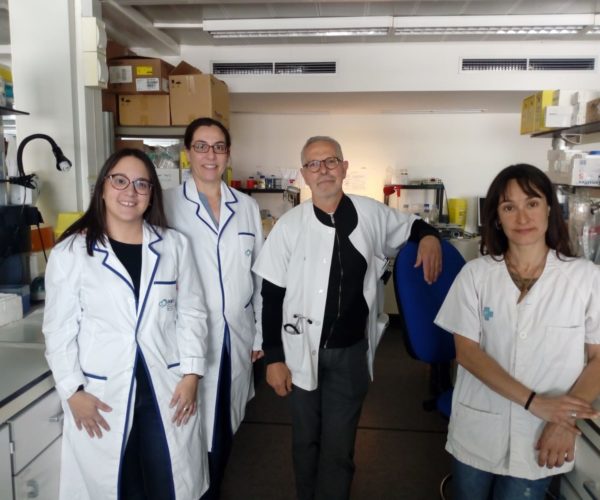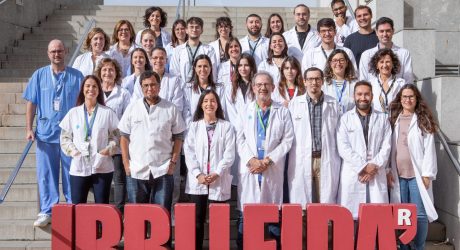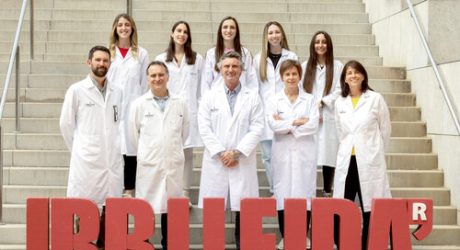IISPV researchers demonstrate the role of elite controllers in HIV disease control
The Infection and Immunity (INIM) research group at the Pere Virgili Health Research Institute (IISPV) have participated on an AIDS Research Network (RETICS-RIS) of the Carlos III Institute of Health that studied Elite Controllers (EC).
Some HIV patients have the ability to control the virus by themselves, some of them for many years, even without antiretroviral therapy. They represent only 1% of the population infected with HIV, but for the research community, they are an excellent model to better understand the mechanisms on how the immune system can control the virus.
The obtained results of the study showed the differences between patients who maintain viral control for years (persistent controllers) and those who lose virological control over time (transient controllers). Researchers were able to identify biomarkers associated with the spontaneous control of HIV, whilst unravelling potential therapeutic targets that would allow doctors to achieve a functional cure for HIV.




